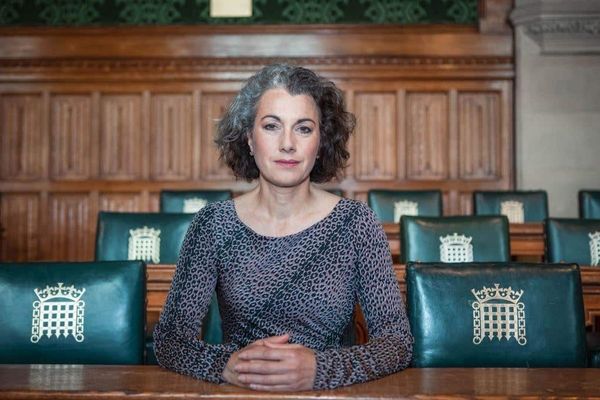
KWASI Kwarteng has been appointed Chancellor of the Exchequer in Liz Truss’s Cabinet.
The former energy secretary takes over from Nadhim Zahawi.
The Chancellor is one of the four “great offices of state” and Truss’s Government is the first where all are filled by either a woman or a person of colour.
Kwarteng wrote an opinion piece in Monday’s Financial Times in which he defended the new Prime Minister’s plans to borrow more money, saying the UK’s “ratio of debt to gross domestic product is lower than any other G7 country except Germany”.
He argued that fiscal policy should be loosened, suggesting the Truss administration will seek to both cut taxes and increase spending to boost growth.
The former energy secretary said that as the “immediate shock subsides” he will work to reduce the debt burden and noted Truss’s commitment to a “lean state”.
Axing taxes
But the Institute for Fiscal Studies has warned “now is not the time” for big tax cuts.
In her maiden speech as Prime Minister on the steps of Downing Street on Tuesday, Truss said: “I will cut taxes to reward hard work and boost business-led growth and investment.

“I will drive reform in my mission to get the United Kingdom working, building and growing.
“We will get spades in the ground to make sure people are not facing unaffordable energy bills and we will also make sure that we are building hospitals, schools, roads and broadband”.
It was revealed at the beginning of the year Kwarteng courted energy bosses and encouraged them to keep drilling the North Sea for oil immediately after COP26.
He has also railed against nationalisation and refused to bail out companies which went bust during the 2021 gas crisis.
Energy bills crisis
His appointment comes amid reports Truss is considering measures to help households struggling with soaring energy bills, which are expected to increase by more than 80% next month.
She is thought to be planning to freeze bills at around the £2500 mark – some £500 higher than current levels but more than £1000 below next month’s cap.
Details have not yet been finalised, but the plan is expected to be funded through general taxation or increased borrowing rather than paid for in future energy bills.
Opposition politicians called for oil and gas firms to pay for the freeze in bills, rather than letting taxpayers pick up the tab.
The SNP have picked up on suggestions the support could come in the form of a loan to households, accusing the Tories of cooking up plans to “saddle families with a multi-billion pound debt”.
Ian Blackford, the party’s Westminster leader, said: “It would be completely unacceptable for the Tory government to force households to pay an energy bill surcharge for years to come. Liz Truss must think again.
"Instead of forcing ordinary people to pay the price, the energy bill freeze should be funded through an expanded windfall tax on the excess profits of major companies and growing UK government tax receipts.”
The LibDems and Labour have made similar claims with Keir Starmer’s deputy Angela Rayner calling for “real help and investment for our UK businesses that are struggling and for our households at the moment”.
Like Truss, he was one of the authors of the Britannia Unchained book, which contained the now-notorious claim that Britons were “among the worst idlers in the world”.
Kwarteng is viewed even by his opponents as a serious thinker and has authored three books, including a critical history of the British Empire.







